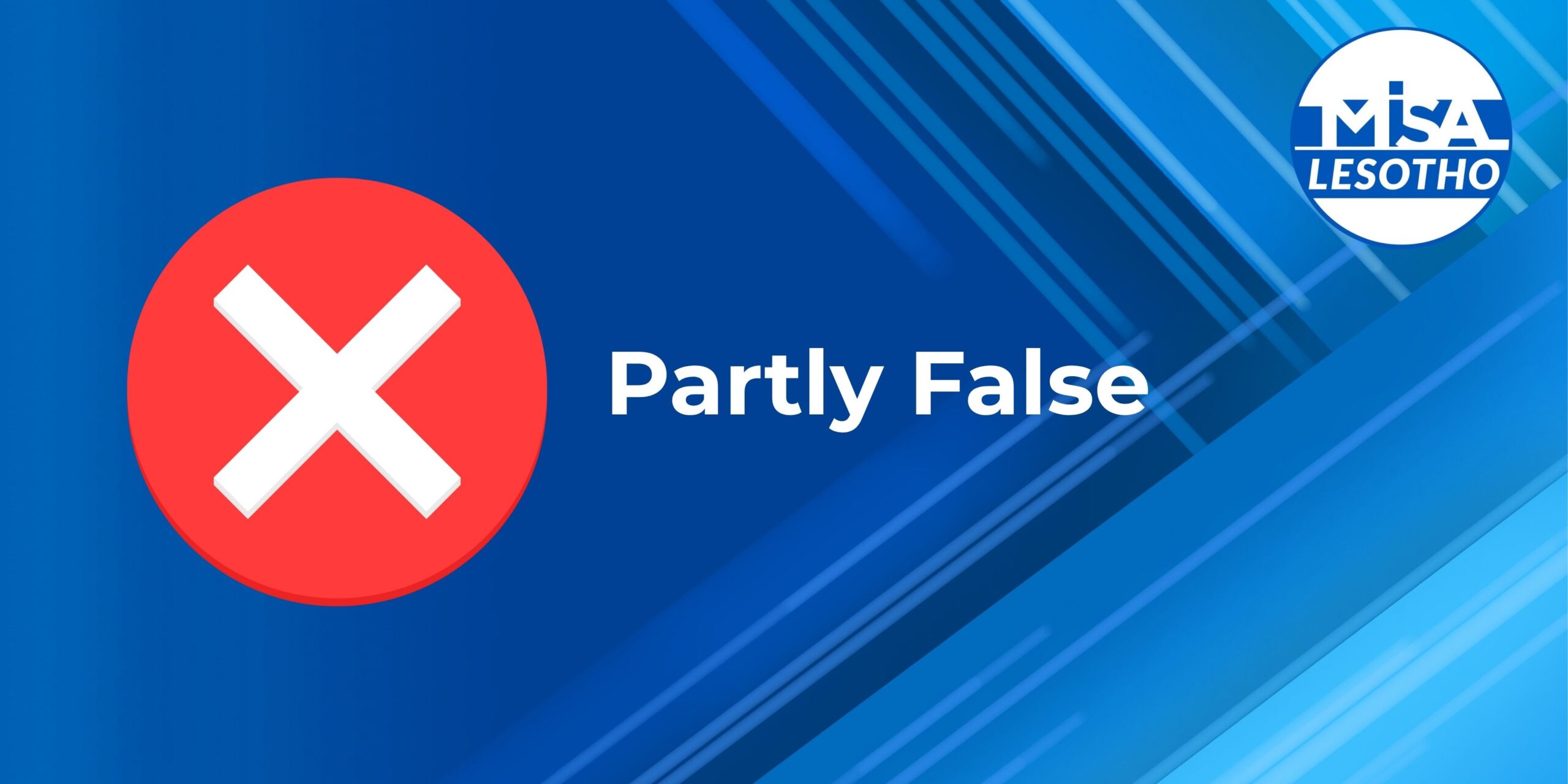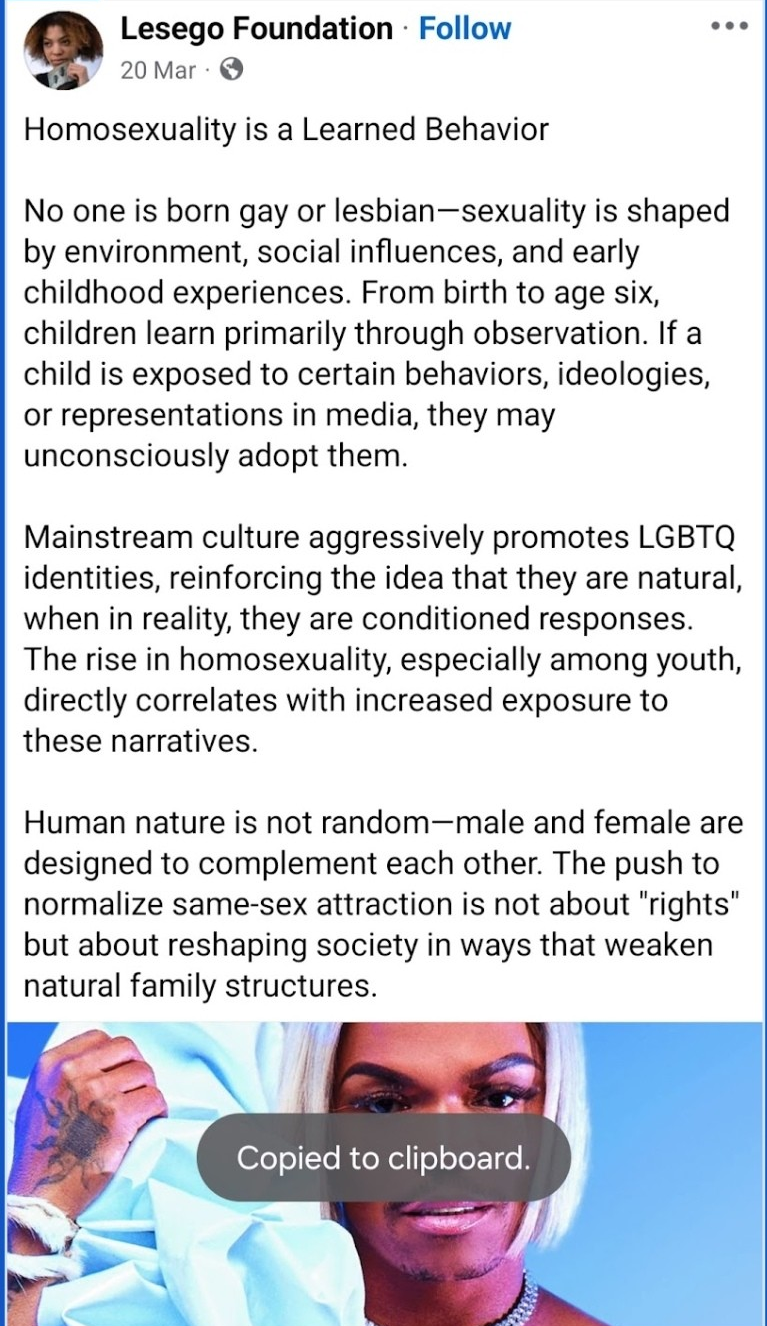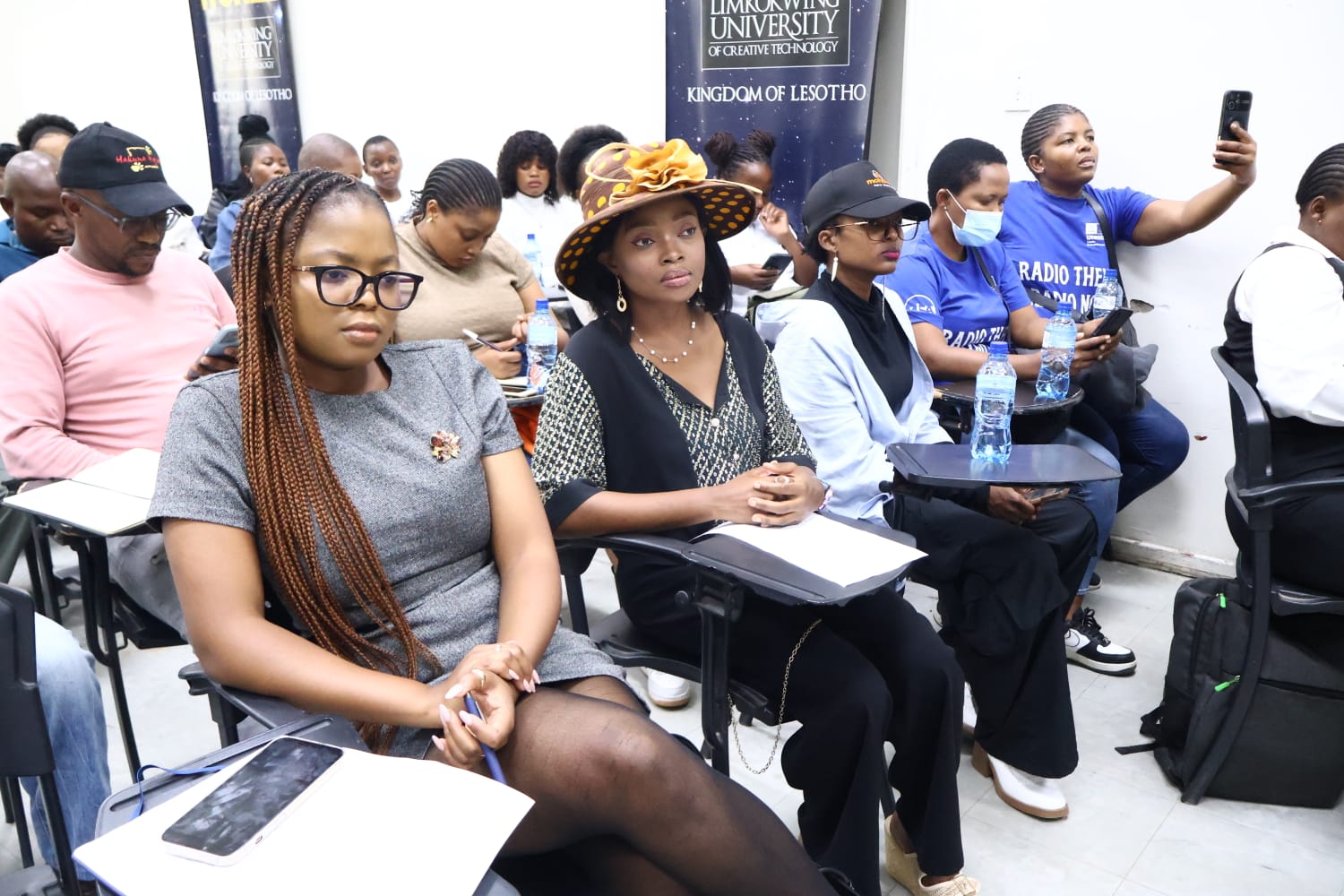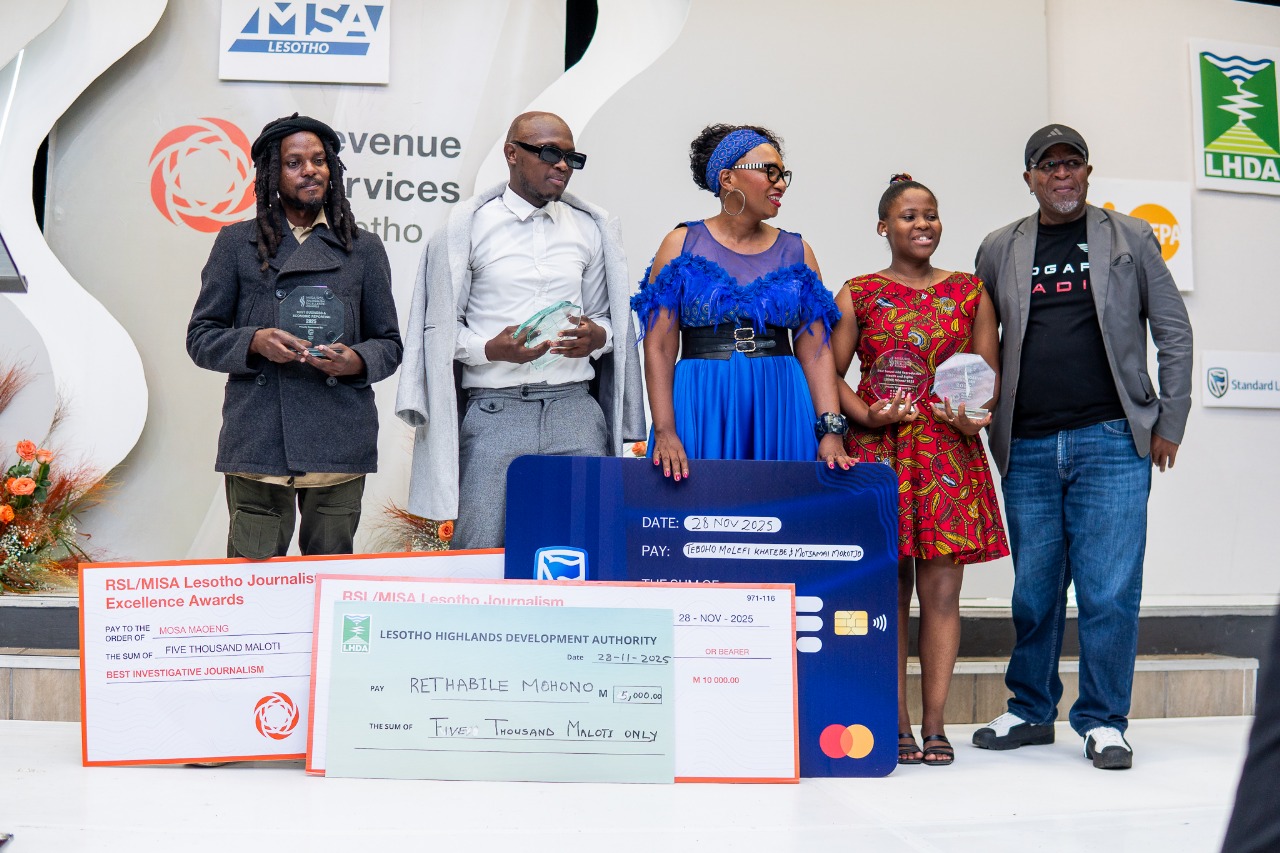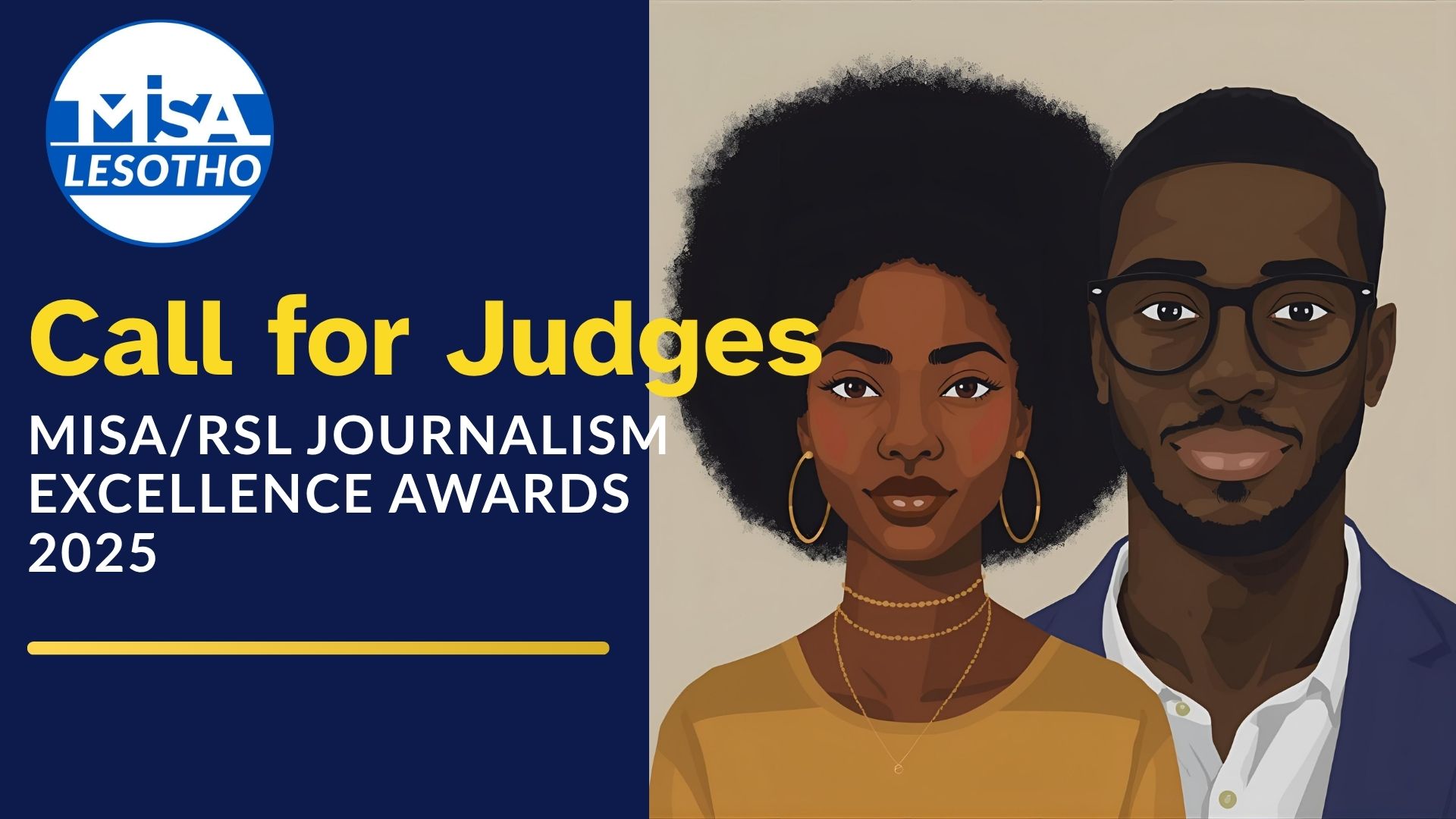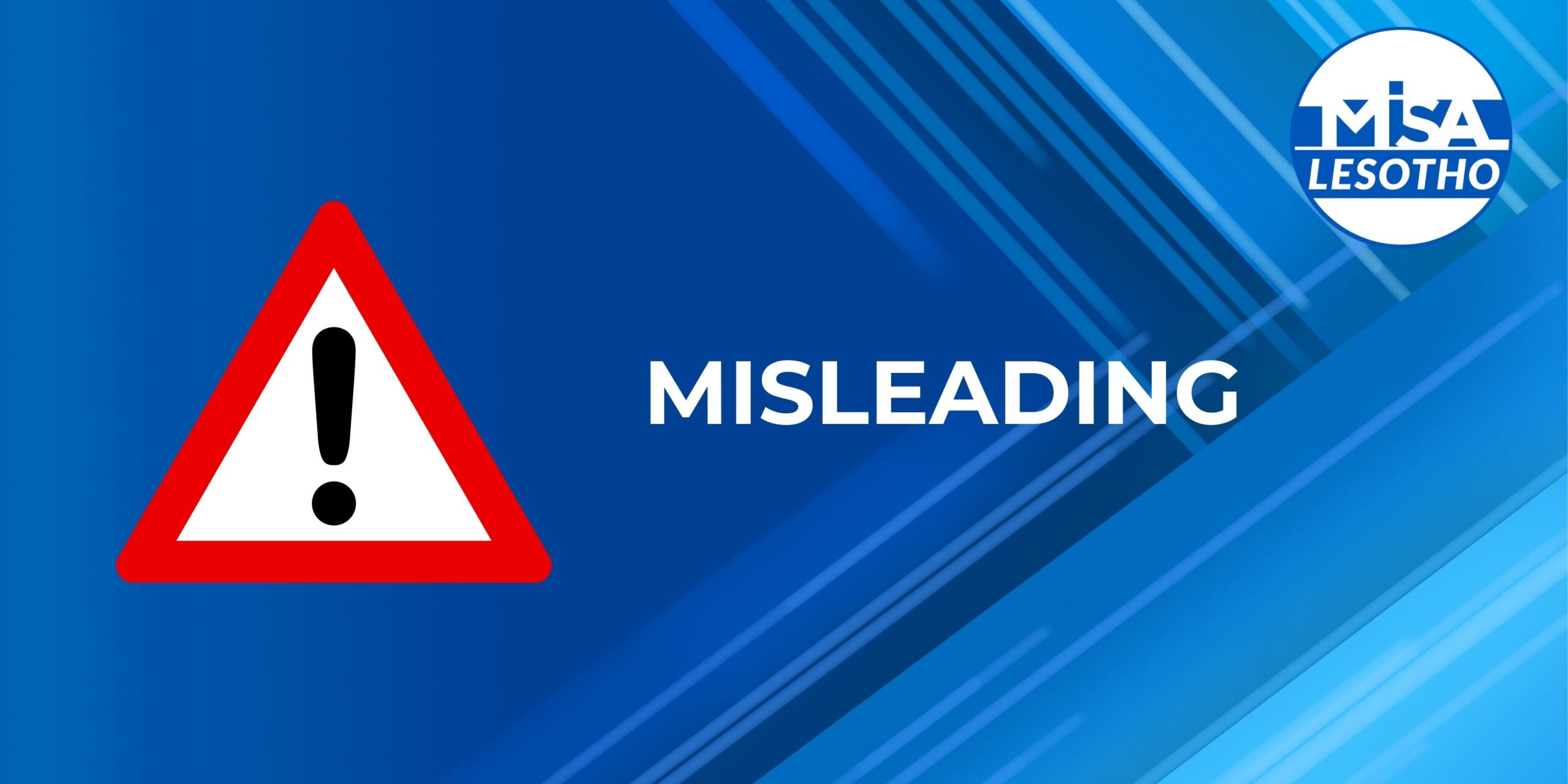Maleshoane Ratsebe
A Facebook post claims that homosexuality is learned behaviour and that “no one is born gay or lesbian.” The claim is partly false.
The post further asserts that sexuality is shaped by environment, social influences, and early childhood experiences as children learn by observing.
Fact-check:
Studies show that a complex interplay of multiple genes and other biological factors can directly influence sexual orientation and sexual preference.
According to a systematic review published in 2020, prenatal exposure to elevated androgen levels, characteristic of Congenital Adrenal Hyperplasia (CAH) may influence sexual orientation development.
According to the review, which is an overview of research that already has been conducted on the subject, some findings support the prenatal androgen theory, which links early hormone exposure to psychosexual development.
The review also further notes that “Females with CAH seem less likely to have an exclusively heterosexual orientation than females from the general population, whereas no males with CAH identified themselves as non-heterosexual in the present review.”
This supports the hypothesis that sexual orientation could be partially programmed into brain structures prenatally. However, it is not the sole determinant as there is a wide diversity in the methodologies used to assess people’s sexual orientation.
Additionally, a large-scale genome wide study(GWAS) on The Genetics of sexual orientation published on Science in 2019 concluded that same sex behaviour is influenced by a number of different genes in the body.
Similarly,other studies also suggest that social factors such as upbringing, environment, peer influences or cultural norms could have an influence on sexual orientation.
The post misleads the public into thinking homosexuality is something that can be done away with by simply teaching people differently which can result in perpetuated attacks on the LGBTQI+ community.
This fact-check was produced by Maleshoane Ratsebe, CheckDesk, MISA Lesotho, as part of the African Fact-Checking Alliance’s (AFCA) incubation programme. It was produced with peer-mentorship from Code for Africa’s fact-checking initiative, PesaCheck, with financial support from Norway Democracy. AFCA mentorship respects the journalistic independence of the researchers, offering access to advanced techniques and tools. Editorial decision-making remains with MISA Lesotho. Want to learn more? Visit: https://factcheck.africa/




